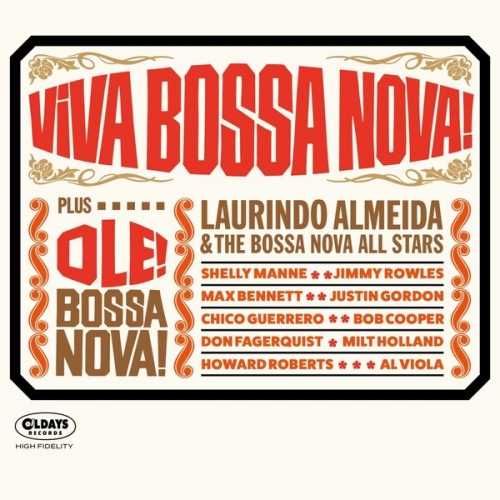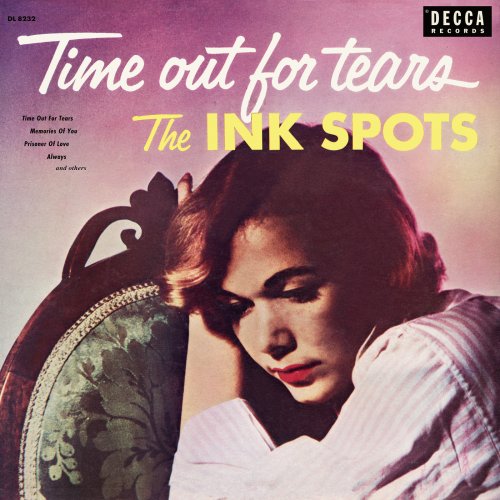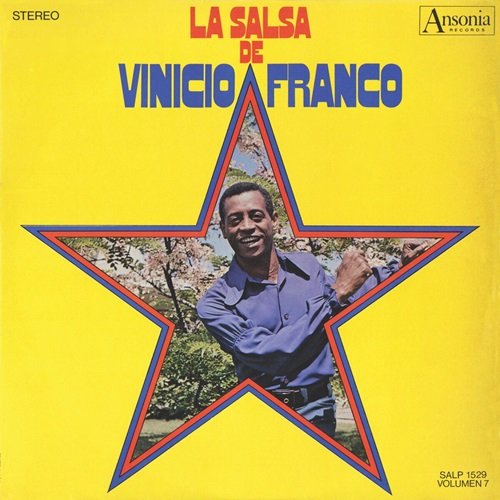Al Sears - Goin' Uptown (2018)
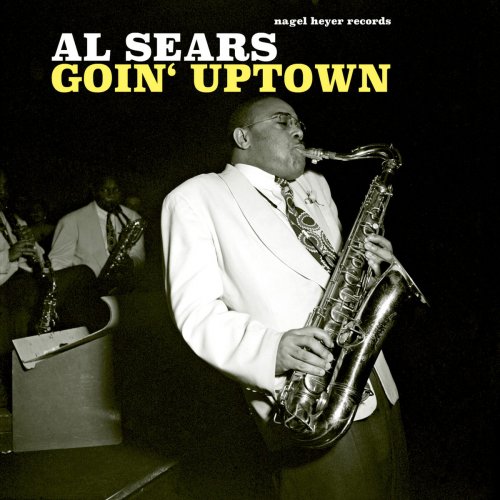
Artist: Al Sears
Title: Goin' Uptown
Year Of Release: 2018
Label: nagel heyer records
Genre: Jazz
Quality: FLAC (tracks) / MP3
Total Time: 1:35:58
Total Size: 562 / 227 MB
WebSite: Album Preview
Tracklist:Title: Goin' Uptown
Year Of Release: 2018
Label: nagel heyer records
Genre: Jazz
Quality: FLAC (tracks) / MP3
Total Time: 1:35:58
Total Size: 562 / 227 MB
WebSite: Album Preview
01. Love Call
02. Already Alright
03. Come and Dance with Me
04. Moving Out
05. The Thrill Is Gone
06. Here's the Beat
07. In the Good Old Summertime
08. In a Mellow Tone
09. Easy Ernie
10. Take off Road
11. Out of Nowhere
12. 125th Street, New York
13. Tina's Canteen
14. Ain't No Use
15. Huffin' and Puffin'
16. Tan Skin Lad
17. Rock and Roll Ball
18. Record Hop
19. Great Googa Mooga
20. Brown Boy
21. Tom, Dick 'N' Harry
22. Mag's Alley
23. Shake Hands
24. Midnight Wail
25. Ivory Cliffs
26. Fo-Yah
27. Come A-Runnin'
28. Sear-Iously
29. Goin' Uptown
30. Vo-Sa
It is ironic that tenor saxophonist Al Sears' one hit, "Castle Rock," was recorded under Johnny Hodges' name (the altoist is virtually absent on the record), denying Sears his one chance at fame. Sears had actually had his first important job in 1928 replacing Hodges with the Chick Webb band. However, despite associations with Elmer Snowden (1931-1932), Andy Kirk (1941-1942), Lionel Hampton (1943-1944), and with his own groups (most of 1933-1941), it was not until Sears joined Duke Ellington's Orchestra in 1944 that he began to get much attention. His distinctive tone, R&B-ish phrasing, and ability to build up exciting solos made him one of Ellington's most colorful soloists during the next five years, although his period was overshadowed by both his predecessor (Ben Webster) and his successor (Paul Gonsalves). Among Sears' many recordings with Ellington are notable versions of "I Ain't Got Nothing but the Blues" and a 1945 remake of "It Don't Mean a Thing." Sears worked with Johnny Hodges' group during 1951-1952, recorded a variety of R&B-oriented material in the 1950s, and cut two excellent albums for Swingville in 1960 before going into semi-retirement. ~ Scott Yanow
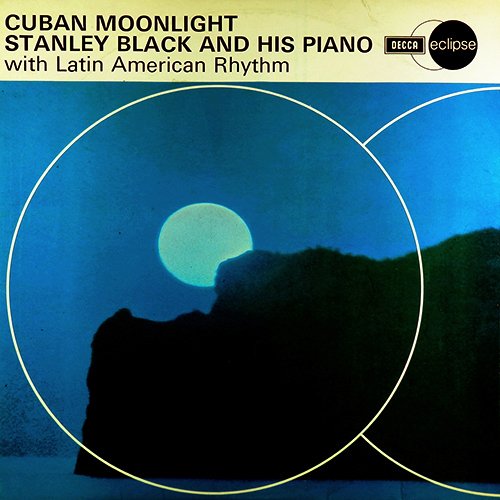


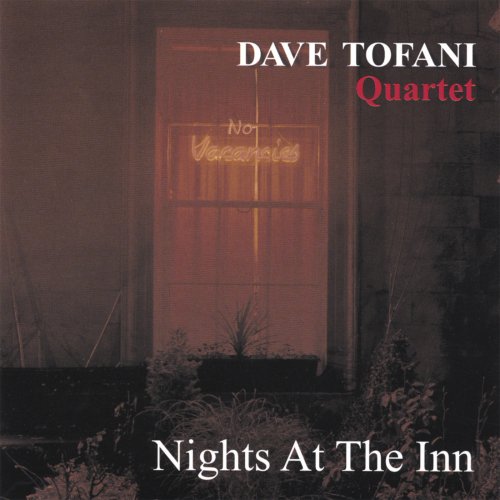
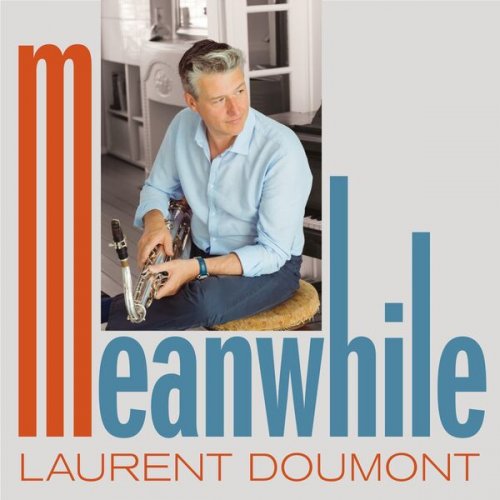
![Noga - Heroes in The Seaweed (2025) [Hi-Res] Noga - Heroes in The Seaweed (2025) [Hi-Res]](https://www.dibpic.com/uploads/posts/2026-02/1771663366_nhs500.jpg)
